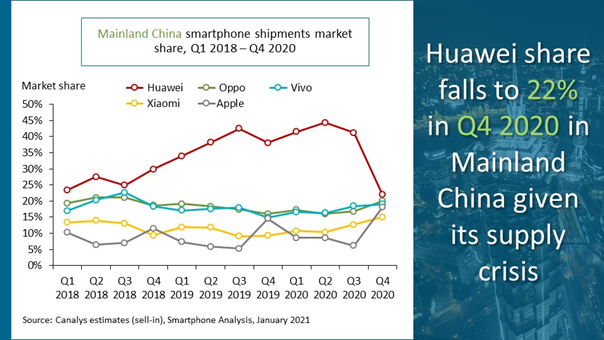Uber’s plan to acquire Autocab, a maker of SaaS for booking and dispatch software for the taxi and private hire vehicle industry which also operates a global trip marketplace for taxis and PHVs (iGo), is being looked at by the UK’s competition watchdog — which announced the launch of an inquiry today.
The deadline for a decision by the Competition and Markets Authority (CMA) on whether to refer the merger for an in-depth investigation is March 26.
Uber announced its intention to acquire UK-based Autocab last August.
Competition considerations could arise if Uber, a provider of ride-hailing services that competes with traditional taxis and private hire vehicle firms for customers, were to shutter Autocab’s alternative trip booking marketplace or close it in selective markets where its own ride-hailing service operates, for example.
Although, at the time it announced the acquisition, Uber said it planned to support Autocab’s expansion of SaaS and iGo internationally. The move also looks intended to create more opportunities for Uber drivers to pick up jobs from outside its own platform, including delivery work, as ride-hailing has faced a demand squeeze during the COVID-19 pandemic.
Nonetheless, the overlap between Autocab’s iGo marketplace and Uber’s core rides service certainly merits questions being asked about risks to competition.
The CMA has opened an invitation for comment on the merger — with a February 12 deadline for submissions.
“The CMA is considering whether it is or may be the case that this transaction, if carried into effect, will result in the creation of a relevant merger situation under the merger provisions of the Enterprise Act 2002 and, if so, whether the creation of that situation may be expected to result in a substantial lessening of competition within any market or markets in the United Kingdom for goods or services,” it writes, adding: “To assist it with this assessment, the CMA invites comments on the transaction from any interested party.”


